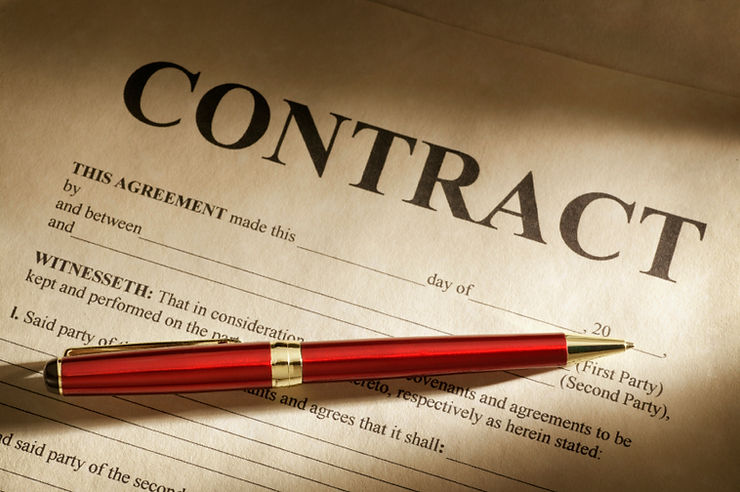A roofing project is a significant investment, and ensuring that the work is carried out properly and according to your expectations is crucial. One of the most essential documents in this process is the roofing contract. This legal agreement outlines the terms and conditions of the project and serves as a safeguard for both you and the roofing contractor. In this blog post, we'll discuss the important parts of a roofing contract and what you should be mindful of when reviewing one.
1. Contractor Information:
The contract should include the contractor's full company name, physical address, phone number, and license number. Verify this information and ensure that the contractor is licensed and insured in your area.
2. Project Description:
Clearly outline the scope of work in detail, including the materials to be used, the roofing system type, and any additional services such as gutter installation or removal of old roofing materials.
3. Timeline:
Specify the start date and estimated completion date of the project. Be cautious of vague or excessively long timelines that could indicate potential delays.
4. Payment Terms:
Define the payment schedule, including the initial deposit, progress payments, and the final payment. Ensure that the payment terms are reasonable and proportional to the work completed.
5. Warranty Information:
Specify any warranties offered by the roofing contractor and the manufacturer of the roofing materials. Understand what is covered, the duration of the warranty, and the process for making a claim.
6. Permits and Inspections:
Detail who is responsible for obtaining necessary permits and scheduling inspections. A reputable contractor should handle these aspects, ensuring compliance with local regulations.
7. Cleanup and Disposal:
Include provisions for cleanup and disposal of debris, as well as any potential damages to your property during the roofing project.
8. Change Orders:
Outline the process for handling any changes or additions to the project. Changes should be documented in writing and signed by both parties to avoid disputes.
9. Contingency Plans:
In case of unforeseen issues or weather-related delays, discuss how the project will be managed and the associated costs or timeline adjustments.
10. Cancellation and Termination:
Define the conditions under which either party can cancel or terminate the contract. Ensure there is a fair process and penalties or refunds are clearly stated.
11. Signatures:
Both you and the roofing contractor should sign and date the contract. Keep a copy for your records, and ensure you receive one as well.
What to Watch Out For:
- Low-Ball Quotes: Be cautious of significantly lower prices than other bids, as this could indicate the contractor is cutting corners or using subpar materials.
- Vague Language: Ensure that the contract is clear and specific about every aspect of the project to prevent misunderstandings.
- No Insurance or License: Avoid contractors who cannot provide proof of insurance or a valid license.
- Large Upfront Payments: Be wary of contractors requesting a substantial upfront deposit. A typical deposit should be reasonable and proportional to the project's size.
- Lack of Details: If important details are missing from the contract, seek clarification and have them added before signing.
- Verbal Promises: Do not rely on verbal agreements; everything should be documented in the contract.
- Unrealistic Timelines: Be cautious of overly optimistic completion dates that may indicate rushed work.
- Hidden Fees: Check for any hidden fees or costs not discussed during negotiations.
In conclusion, a well-structured roofing contract is your protection when undertaking a roofing project. It ensures that both you and the contractor understand the terms and expectations, reducing the potential for disputes and misunderstandings. Take your time to review the contract carefully, and don't hesitate to seek legal advice if you have concerns or questions. By doing so, you'll be better prepared to have a successful roofing project.


